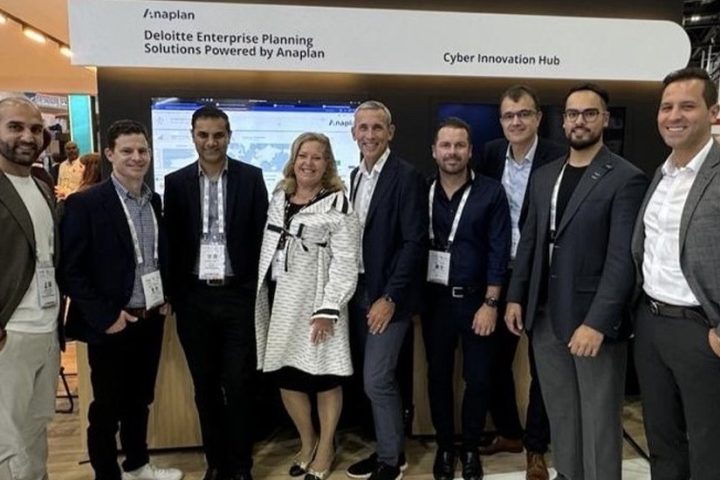First-of-its’s-kind collaborative effort showcases the power of threat information sharing to make the internet safer
Fortinet, Intel Security, Palo Alto Networks and Symantec— co-founders of the Cyber Threat Alliance (CTA) have published a research examining the evolution and global impact of the aggressive CryptoWall ransomware.
“Lucrative Ransomware Attacks: Analysis of the CryptoWall Version 3 Threat,” is the first published report using combined threat research and intelligence from the founding and contributing members of the CTA. This whitepaper provides organizations worldwide valuable insight into the attack lifecycle of this lucrative ransomware family, which is associated with over US$325 million in revenue for the malicious actors behind it, as well as recommendations for prevention and mitigation. The CTA further discovered:
“This research demonstrates the power of the CTA partnership; when we grow our collective intelligence across all sectors, we can better combat advanced threats, deploy security controls to counteract the latest moves and deliver greater security for our customers and all organizations.” said Derek Manky, global security strategist, Fortinet.
“This research demonstrates an ability to leverage our collective threat expertise and help us more effectively collaborate with law enforcement in order to disrupt criminal ecosystems and ultimately help bring more cybercriminals to justice.” said Vincent Weafer, vice president, McAfee Labs, Intel Security.
“This type of collaborative research by security vendors reflects the power of effective threat information sharing and the positive effect it can have on helping maintain trust in our digital world.” said Rick Howard, chief security officer, Palo Alto Networks.
“By harnessing the power of the industry and sharing data from our vast threat intelligence networks to fight campaigns of this scale, we can make a larger impact on the threat landscape than if we pursue them individually.” said Joe Chen, vice president of engineering, Symantec














